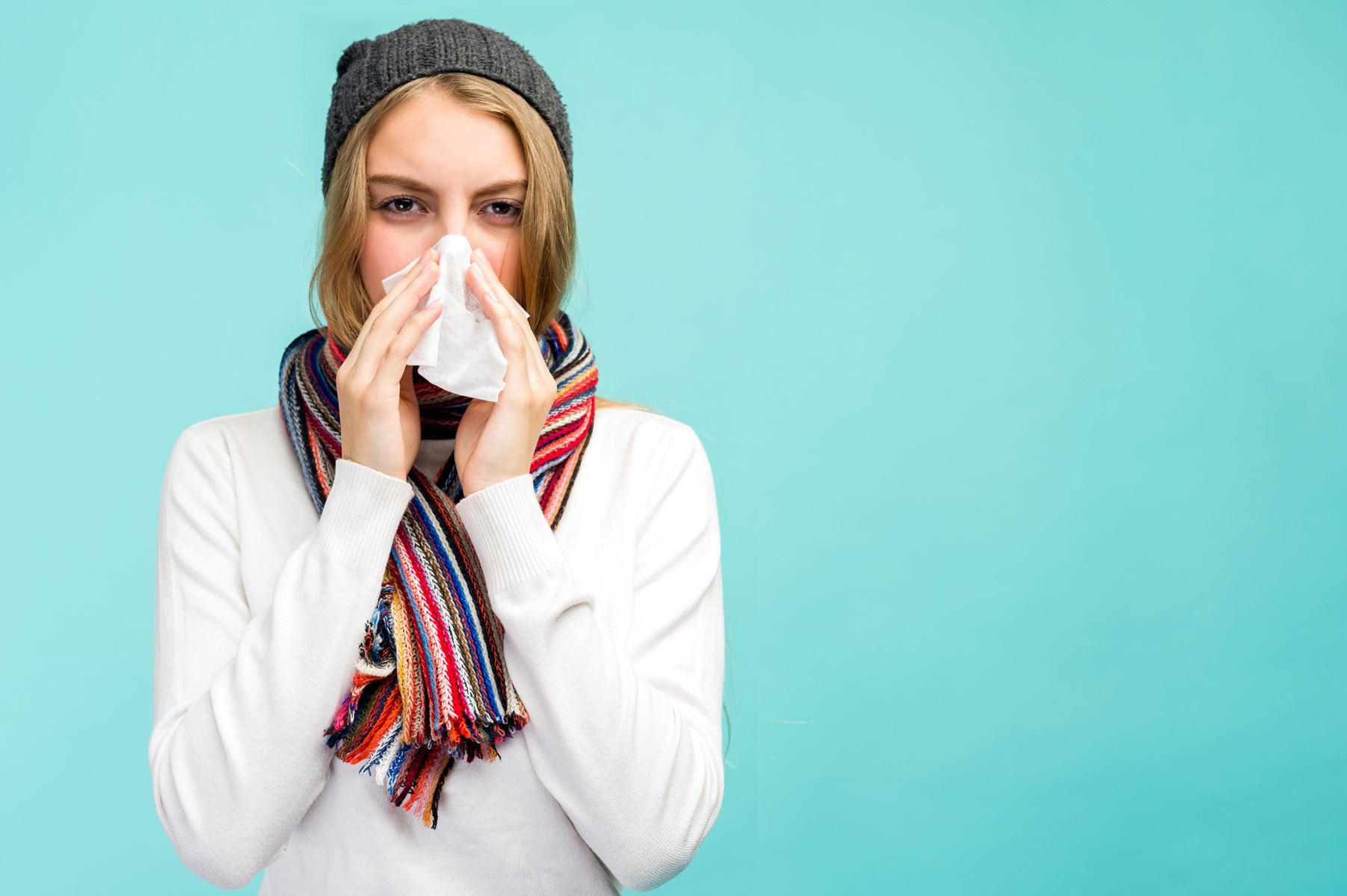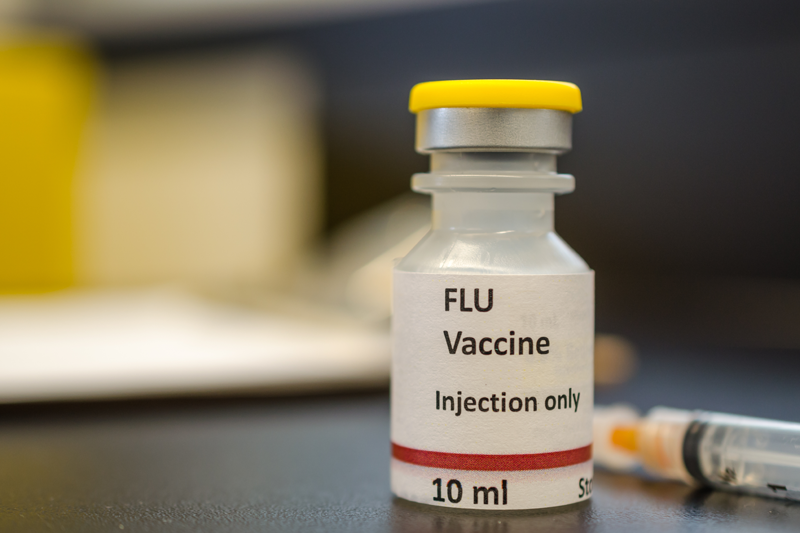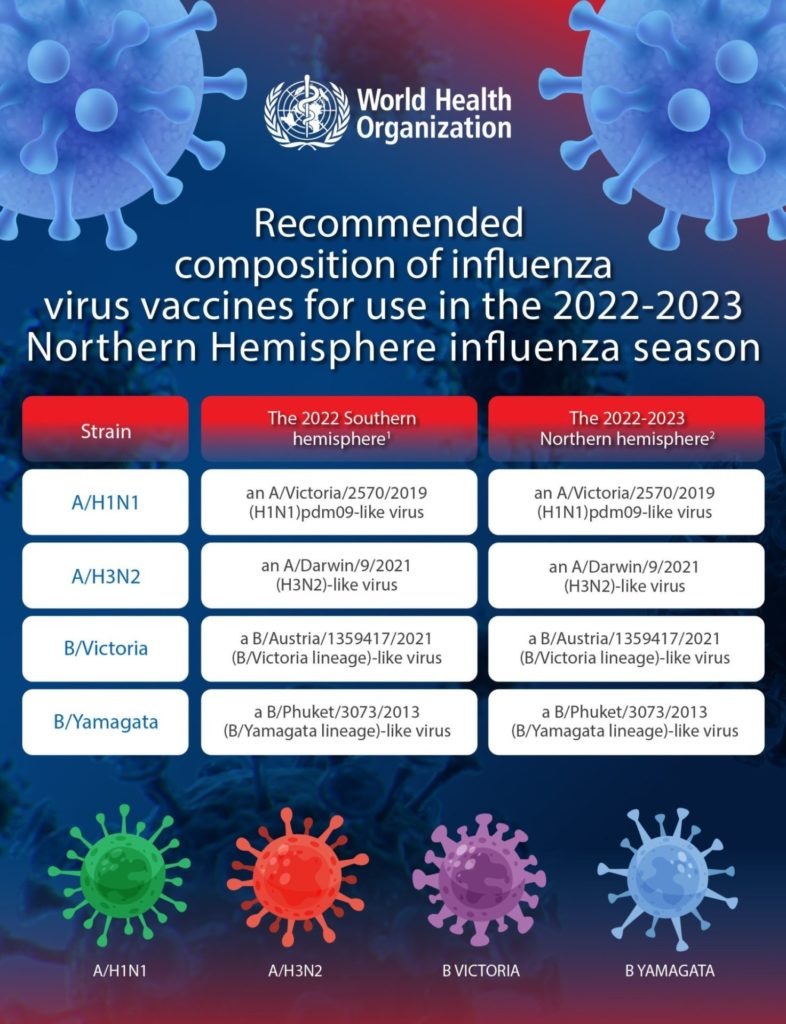Table of Contents
- What is the High Dose Flu Shot? - RateMDs Health News
- When Is the Best Time to Get a Flu Shot? | TIME
- Flu shot a ‘major mismatch’ for dominant strain of influenza | Calgary ...
- Flu Shot: Who should get a flu shot and which is the best time for it ...
- It’s the Rainy Season, Get Your Flu Shots - The Australian-Thai Chamber ...
- It’s Not Too Late to Get Your Flu Shot | NorthShore
- DC Health restocks flu shots | wusa9.com
- With severe flu season potentially on horizon, doctors are urging ...
- Myths and Facts About the Flu Shot: Walker Family Care: Family Medicine ...
- Why it is important for everyone to get their flu shot? And there is ...



What is the Seasonal Flu?



How Does the Seasonal Flu Vaccine Work?


Who Should Get the Seasonal Flu Vaccine?
The CDC recommends that everyone 6 months and older get a seasonal flu vaccine each year, with a few exceptions. Certain groups of people are at higher risk of serious flu complications, including: Children under 5 years old Adults 65 years and older Pregnant women People with certain chronic health conditions, such as heart disease, lung disease, or diabetes People with weakened immune systems, such as those with HIV/AIDS or undergoing chemotherapy
When to Get the Seasonal Flu Vaccine
The best time to get the seasonal flu vaccine is in the fall, before the flu season begins. The CDC recommends getting vaccinated by the end of October, but it's not too late to get vaccinated even after the flu season has started.